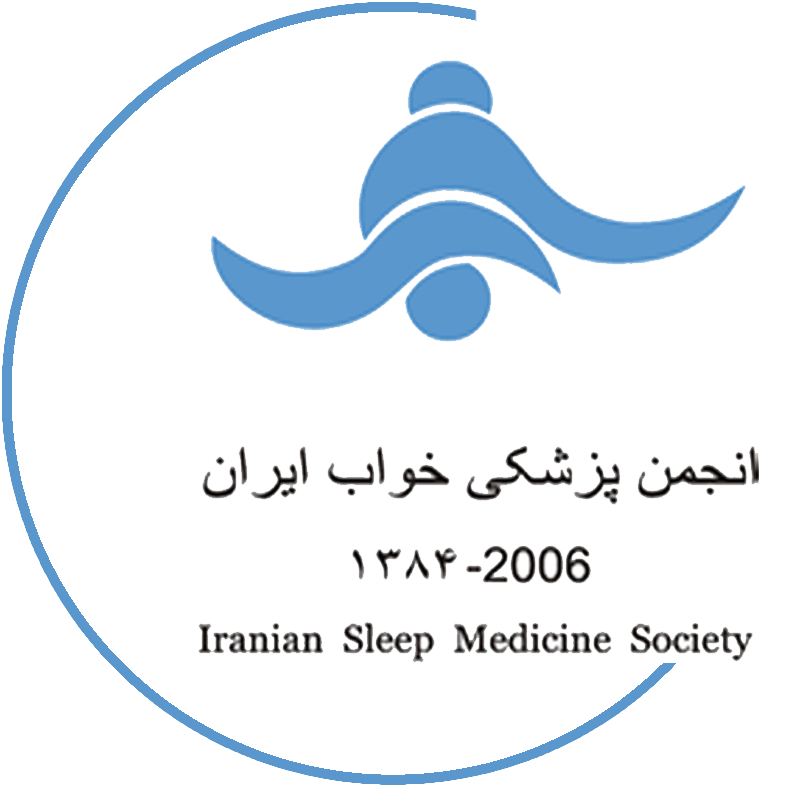Predicting Sleep Quality Based on Mindfulness among the Patients who Suffer from Irritable Bowel Syndrome (IBS): Investigating the Mediating Role of Self-Regulation and Rumination
Abstract
Background and Objective: Some studies have investigated the quality of sleep among patients with irritable bowel syndrome (IBS); however, they are not comprehensive. The current study was conducted to predict quality of sleep among patients with IBS based on mindfulness, the mediating role of self-regulation, and rumination.
Materials and Methods: This was a cross-sectional study in form of structural equation modeling (SEM). The samples included 231 patients with IBS, and the measures were Mindfulness, Self-regulation, Rumination, and Pittsburgh Sleep Quality Index (PSQI) scales. In addition, the SPSS and R software were used to analyze data.
Results: Mindfulness, along with the mediating role of self-regulation and rumination could predict sleep quality among patients with IBS (P < 0.01), and the fit indices indicated the model fit.
Conclusion: Mindfulness, rumination, and self-regulation had an important role in sleep problems among patients with IBS.
2. Fass R, Fullerton S, Tung S, et al. Sleep disturbances in clinic patients with functional bowel disorders. Am J Gastroenterol 2000; 95: 1195-2000.
3. Jarrett M, Heitkemper M, Cain KC, et al. Sleep disturbance influences gastrointestinal symptoms in women with irritable bowel syndrome. Dig Dis Sci 2000; 45: 952-9.
4. Schey R, Dickman R, Parthasarathy S, et al. Sleep deprivation is hyperalgesic in patients with gastroesophageal reflux disease. Gastroenterology 2007; 133: 1787-95.
5. Amiri S, Parvizi Fard A, Khaledi-Paveh B, et al. The effectiveness of music therapy on insomnia using Persian traditional music. J Kermanshah Univ Med Sci 2019; 23: e86914.
6. Thakur ER, Quigley BM, El-Serag HB, et al. Medical comorbidity and distress in patients with irritable bowel syndrome: The moderating role of age. J Psy-chosom Res 2016; 88: 48-53.
7. Guastella A, Moulds M. The impact of rumination on sleep quality following a stressful life event. Pers Individ Dif 2007; 42: 1151-62.
8. Watkins E, Brown RG. Rumination and executive function in depression: An experimental study. J Neurol Neurosurg Psychiatry 2002; 72: 400-2.
9. Shallcross AJ, Visvanathan PD, Sperber SH, et al. Waking up to the problem of sleep: Can mindfulness help? A review of theory and evidence for the effects of mindfulness for sleep. Curr Opin Psychol 2019; 28: 37-41.
10. Winbush NY, Gross CR, Kreitzer MJ. The effects of mindfulness-based stress reduction on sleep disturbance: A systematic review. Explore (NY) 2007; 3: 585-91.
11. Kabat-Zinn J. Mindfulness. Mindfulness 2015; 6: 1481-3.
12. Lianchao A, Tingting M. Mindfulness, rumination and post-traumatic growth in a Chinese cancer sample. Psychol Health Med 2020; 25: 37-44.
13. Hofmann SG, Kashdan TB. The affective style questionnaire: Development and psychometric properties. J Psychopathol Behav Assess 2010; 32: 255-63.
14. Borjalilu S, Mojtahedzadeh R, Mohammadi A. Exploring the validity, reliability and factor analysis of self-regulation scale for medical students. J Med Educ Dev 2013; 8: 25-35. [In Persian].
15. Baer R. Assessment of mindfulness by self-report. Curr Opin Psychol 2019; 28: 42-8.
16. Sajjadian I. Psychometric properties of the Five Facet Mindfulness Questionnaire in people. Research in Cognitive and Behavioral Sciences 2016; 5: 23-40. [In Persain].
17. Buysse DJ, Reynolds CF 3rd, Monk TH, et al. The Pittsburgh Sleep Quality Index: A new instrument for psychiatric practice and research. Psychiatry Res 1989; 28: 193-213.
18. Farrahi Moghaddam J, Nakhaee N, Sheibani V, et al. Reliability and validity of the Persian version of the Pittsburgh Sleep Quality Index (PSQI-P). Sleep Breath 2012; 16: 79-82.
19. Ghorbani N, Watson PJ, Hargis MB. Integrative Self-Knowledge Scale: correlations and incremental validity of a cross-cultural measure developed in Iran and the United States. J Psychol 2008; 142: 395-412.
20. Howell A, Digdon N, Buro K. Mindfulness predicts sleep-related self-regulation. Personality and Individual Differences 2010; 48: 419-24.
21. Howell AJ, Digdon NL, Buro K, et al. Relations among mindfulness, well-being, and sleep. Pers Individ Dif 2008; 45: 773-7.
22. Talley G, Shelley-Tremblay J. The relationship between mindfulness and sleep quality is mediated by emotion regulation. Psychiatry Int 2020; 1: 42-66.
23. Clancy F, Prestwich A, Caperon L, et al. The association between worry and rumination with sleep in non-clinical populations: A systematic review and meta-analysis. Health Psychol Rev 2020; 14: 427-48.
24. Moore A, Malinowski P. Meditation, mindfulness and cognitive flexibility. Conscious Cogn 2009; 18: 176-86.
25. Wei M, Tsai PC, Lannin DG, et al. Mindfulness, psychological flexibility, and counseling self-efficacy: Hindering self-focused attention as a mediator. Couns Psychol 2015; 43: 39-63.
| Files | ||
| Issue | Vol 7 No 3-4 (2022): Summer-Autumn | |
| Section | Original Article(s) | |
| DOI | https://doi.org/10.18502/jss.v7i(3-4).15251 | |
| Keywords | ||
| Sleep quality; Irritable bowel syndrome; Mindfulness; Emotions | ||
| Rights and permissions | |

|
This work is licensed under a Creative Commons Attribution-NonCommercial 4.0 International License. |



